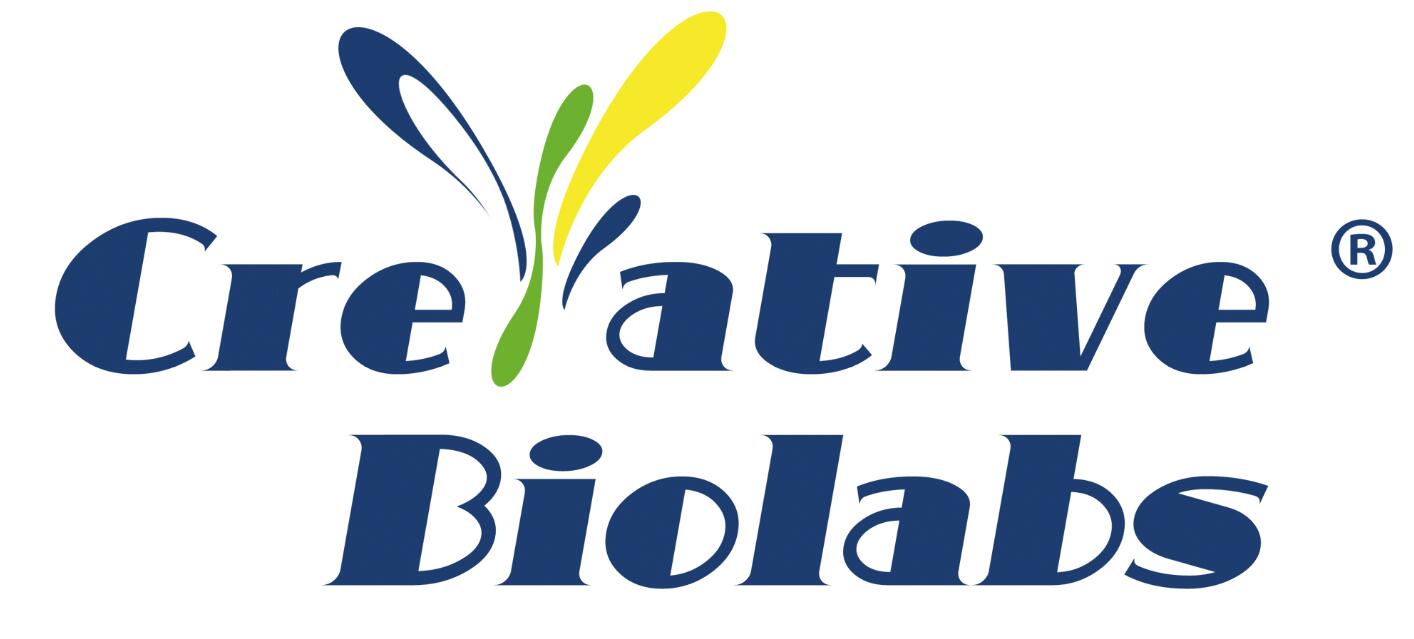There is no doubt that this year marks the beginning of CAR-T therapy owing to the advent of two CAR-T therapies and the changes that these therapies have brought to the lives of patients. However, at the same time, the potential risks of CAR-T itself are also of concern to the industry as a category of innovative therapies.
Recently, at the annual meeting of the Society of Cancer Immunotherapy (SITC), Dr. Mark Gilbert, chief medical officer of Juno Therapeutics, shared the results of JCAR015 therapy. Last year, more than one patient died in clinical trials, leaving the development of the therapy stalled. Nowadays, the experience and lessons learned from setbacks can be applied not only to the latest CAR-T therapy of Juno, but also to the whole field of CAR-T therapy.
“We’ve always believed that many factors led to the results of clinical trials,” Dr. Gilbert said. “But we did not find these factors until now.”
Dr. Gilbert refers to brain edema that occurs in clinical trials. As Dr. Stephan Grupp, another CAR-T therapeutics expert, says, “this symptom is totally unexpected”.
The latest analysis of Juno indicates that these symptoms are associated with the excessive growth of CAR-T cells in which IL-15 plays a key role. This protein is an important growth factor for T cells. When the patient’s IL-15 levels are elevated, T cells will prematurely and rapidly expand.
“We want to see CAR-T cells peak on the 11th, 12th and 14th days,” said Dr Gilbert. “That’s exactly what we saw in the TRANSCEND trial of JCAR017. In the JCAR015 ROCKET trial, cells were expanded to peak in seventh days in some patients, and such amplification was what we wanted to avoid. ” The analysis also shows that IL-15 levels are associated with the combination of fludaribine and cyclophosphamide. To this end, Juno configured a milder lymphocyte clearance program for the subsequent CAR-T trial.
In the meantime, Juno is also trying a more personalized cell therapy: researchers will tailor a set of therapies based on the type of cancer, age, disease burden, antigen levels and other factors of the patient, for treatment. In this way, we can reduce the risk of premature CAR-T cell expansion.
“It’s great that Juno can publish this information,” commented Dr. Grupp. For other companies developing CAR-T therapies, testing of patients’ IL-15 levels before treatment is also expected to improve the therapy safety. The insights that Juno draws from his painful experience are valuable assets for the entire field, and we are also looking forward to the JCAR017 on sale to benefit more patients.
